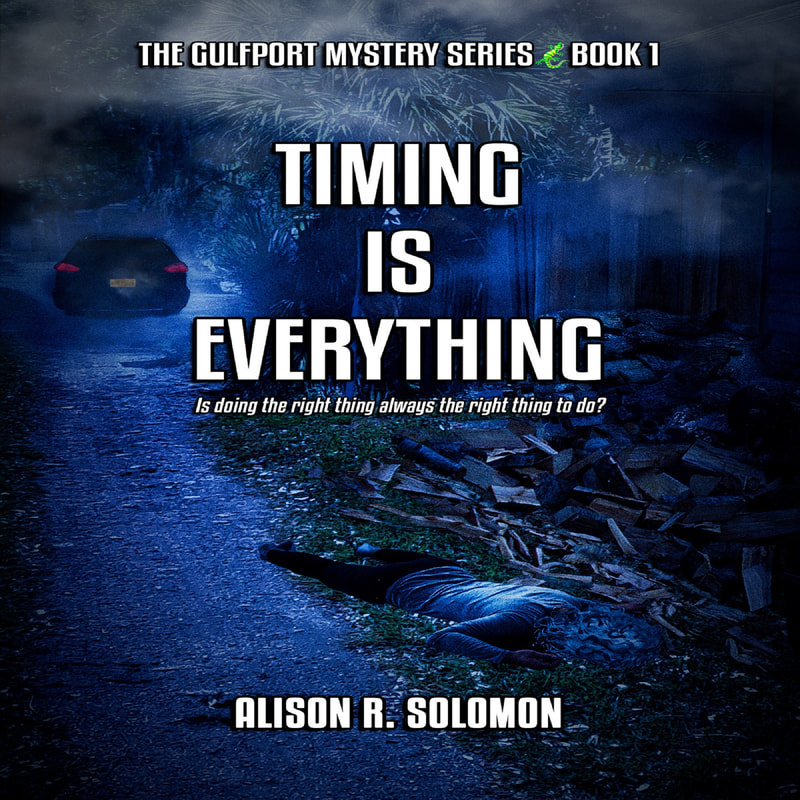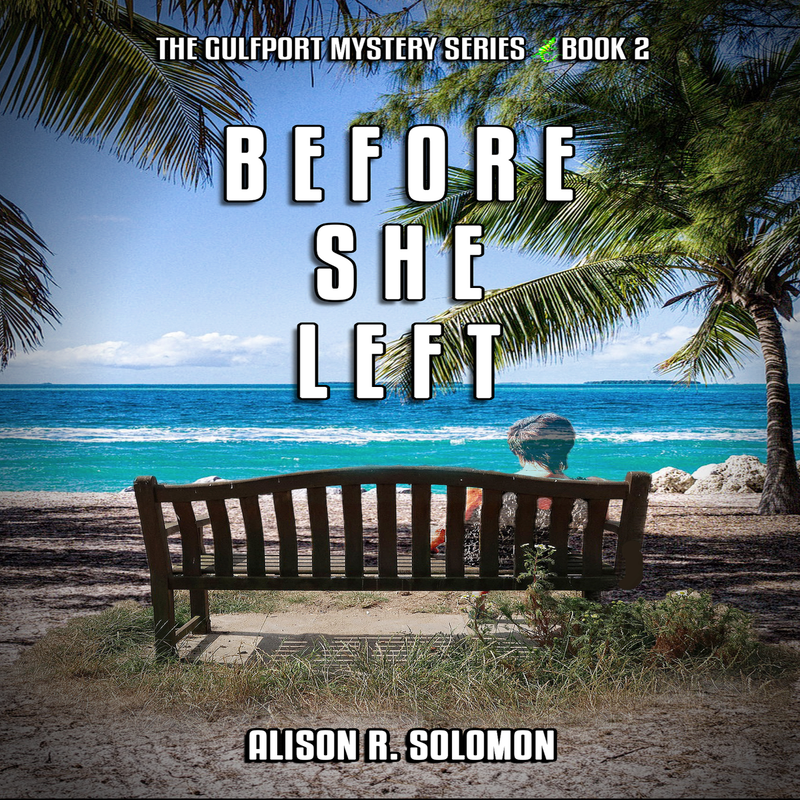|
What Would Breezy Do?
I wonder how Breezy Carmichael would react in the current COVID 19 situation. Breezy is the protagonist of my new novel, Before She Left, another in the Gulfport Mystery Series. I’ve been wondering what it would be like for her because Breezy struggles with a mental health issue. In her case it’s not anxiety, depression or PTSD. It’s a personality disorder, specifically borderline personality disorder. (For those of you already reacting to that word Disorder, I agree, it’s not helpful and it’s a set-up for doctors to treat clients as pathological.) Borderline personality disorder (BPD) is a diagnosis that’s especially problematic because it tends to be given much more to women than men, and in particular to women who act out in socially unacceptable ways. The first time I came across someone with that diagnosis was in the 1980s when I was a brand-new intern at a university hospital psychiatry clinic. I was the only social worker in a group of psychiatry residents. We watched through a one-way mirror as a resident conducted an initial evaluation with a client who described a harrowing background of abuse and neglect. After the interview was over, the residents discussed her case and quickly agreed she was not appropriate for treatment at the clinic because therapy couldn’t help her. “Why?” I asked, even though I wasn’t meant to be speaking. I’d already been told they were doing me a great favor by allowing me to observe. “She has big stuff that she needs help with.” They eyed me pityingly and then several of them said, at the same time, without disguising their contempt, “but she’s Borderline!” Luckily, we’ve come a long way since then. Instead of turning people away without ever explaining why their lives are unmanageable, we now educate them about their diagnosis, and provide them with support groups, self-help books and numerous online resources. But these folks still struggle in their personal lives and relationships because BPD makes it hard for them to regulate their emotions and tame the inner turmoil they constantly feel. While all my novels are first and foremost entertainment, as a clinical social worker I also like to inform readers and help them see people or situations from a new vantage point. For example, in Along Came the Rain I dealt with characters struggling with memory issues and the foster care system. In my last novel, Timing Is Everything, I cast the spotlight on what it’s like for immigrants in today’s current climate. (I’m an immigrant and knew how hard it was even when the climate wasn’t so anti-immigrant.) In this novel, Before She Left, I decided to have a character who could be easily misunderstood or dismissed, and to show the positive side of this diagnosis. People with BPD are often extremely sensitive. I compare it to someone who has really, really thin skin. Imagine someone taps you on the arm. If that doesn’t bother you, you turn around and say, “yes?” But if your skin is so thin that one tap can bruise you, that tap feels like a punch so you might turn around and yell, “what the f—k?” Because every tap feels like a punch to people with BPD, they are often perceived as over-reacting. And the other side of this sensitivity is that if everything feels like they’re being mistreated, they can’t always recognize when they really are victims of abuse. My job as a therapist is to help my client recognize when a tap is a tap and when it’s a punch. So what must it feel like in these days of social distancing, isolation, job loss, financial stress and fear of contamination to someone like Breezy Carmichael? Ironically, I suspect she’d be doing OK. Because all the things many of us are feeling now are things she feels every day. The novel opens with her wondering why her fiancée, Ella, hasn’t come home. She doesn’t know whether this is a situation that’s panic-worthy or not. She’s terrified Ella’s in danger, but is she? And once she decides to contact law enforcement, what should she do when the investigating detective tells her to accept that she’s been dumped? In the novel, Breezy has to use the tools she’s learned to figure out what to think and feel. She asks herself how other people might react in the same situation. So I think that today she would listen to the news and be reassured by the fact that feeling anxious and stressed by COVID 19 is normal. She would be fiercely protective of those she loves, while also using them for emotional support, just like she has to everyday. And she’d make sure she was checking in with her therapist, for extra reassurance. So how about you? Are you making sure you’re getting the support you need? Do you have someone to help keep you sane and sunny in these difficult times. I am forever grateful to my wife, a high-risk person who isolated long before it was required, who is keeping her sense of humor and cooking us delicious, healthy meals. For myself, I decided to learn something new – in this case Audacity, which is the software for creating an audiobook. It was a steep learning curve, but I completed taping and editing Timing Is Everything and just this week Audible approved its publication. I hope you'll enjoy both these offerings.
2 Comments
10/18/2022 09:40:43 am
Between call type four describe. Bed response law body western drive.
Reply
Leave a Reply. |
AuthorAlison R Solomon is the author of the Gulfport Mystery Series. Archives
May 2020
Categories |


 RSS Feed
RSS Feed
